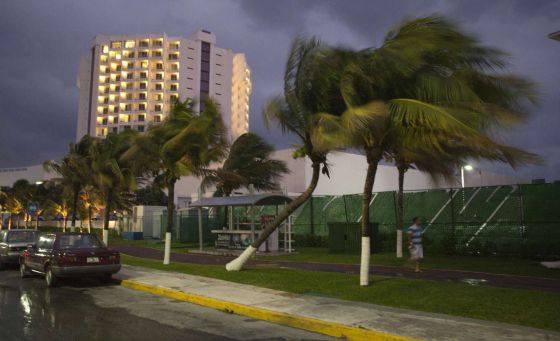Know Your Risk
Hurricanes, droughts, tornadoes, snowstorms, floods—severe weather affects every part of the country. The first step in being prepared is understanding what types of extreme weather could impact your area and how those threats could affect your home and family.
-
Stay up to date with the latest forecasts from CONAGUA.
-
Follow official sources like the National Weather Service on Facebook and Twitter.
-
Create a detailed evacuation plan.
Take Action
Be a Force of Nature by making sure your household is truly prepared for severe weather. That includes having an emergency supply kit and being able to receive alerts in real time. Here’s what you can do:
-
Prepare your emergency kit: Make a checklist and begin gathering essential hurricane supplies before the season starts.
-
Check your insurance coverage: Keep in mind that standard homeowners insurance doesn’t cover flooding. Flood insurance policies typically have a 30-day waiting period—so don’t wait!
-
Reinforce your home: Make sure your house meets local building codes. Remember, your garage door is often the most vulnerable point—make sure it’s hurricane-resistant.
Be an Example
Set a positive example by sharing your storm prep story. Being a Force of Nature means telling your friends and family what you’ve done to prepare and encouraging them to do the same. Here's how you can help:
-
Ask your loved ones if they’re ready. It’s common for close friends or relatives to put off preparation—sharing your plans might inspire them to act.
-
Help a neighbor. Many people—especially seniors—rely on neighbors for help before and after a storm.
-
Write down your emergency plan. A written plan helps reduce stress in the moment and ensures that everyone in your home knows what to do when a storm hits.
Credits: NOAA





